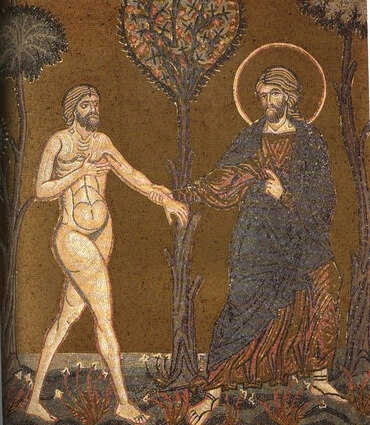19
And this is the record of John, when the Jews sent priests and Levites from Jerusalem to ask him, Who art thou?
20
And he confessed, and denied not; but confessed, I am not the Christ.
21
And they asked him, What then? Art thou Elias? And he saith, I am not. Art thou that prophet? And he answered, No.
22
Then said they unto him, Who art thou? that we may give an answer to them that sent us. What sayest thou of thyself?
23
He said, I am the voice of one crying in the wilderness, Make straight the way of the Lord, as said the prophet Esaias.
24
And they which were sent were of the Pharisees.
25
And they asked him, and said unto him, Why baptizest thou then, if thou be not that Christ, nor Elias, neither that prophet?
26
John answered them, saying, I baptize with water: but there standeth one among you, whom ye know not;
27
He it is, who coming after me is preferred before me, whose shoe's latchet I am not worthy to unloose.
28
These things were done in Bethabara beyond Jordan, where John was baptizing.
29
The next day John seeth Jesus coming unto him, and saith, Behold the Lamb of God, which taketh away the sin of the world.
30
This is he of whom I said, After me cometh a man which is preferred before me: for he was before me.







